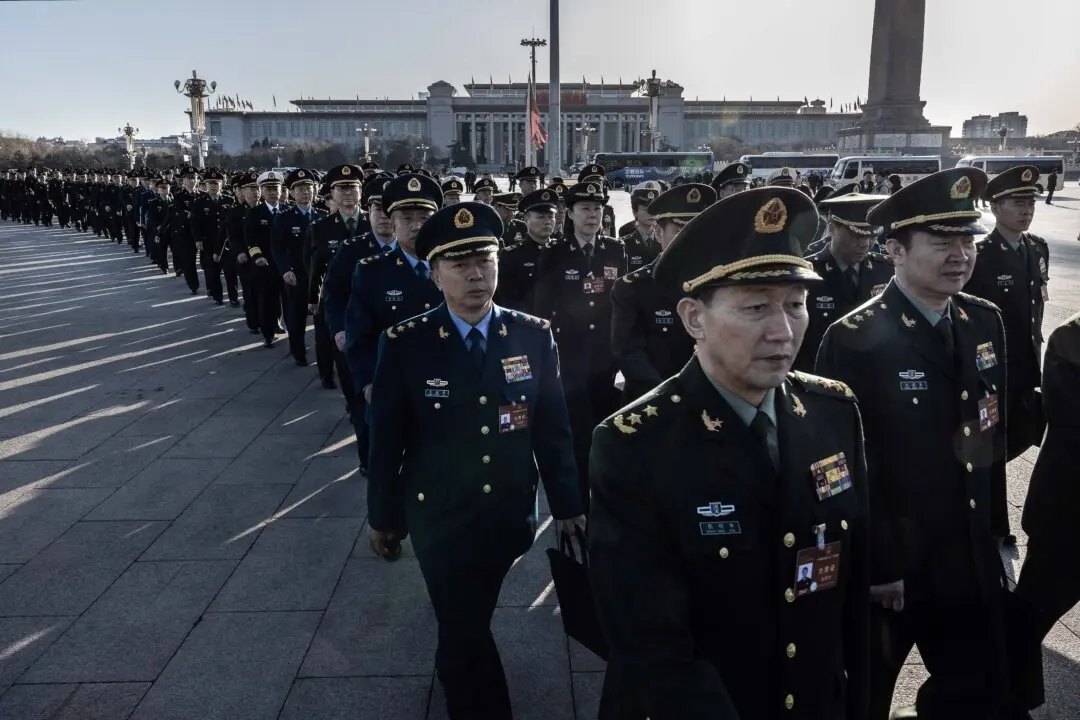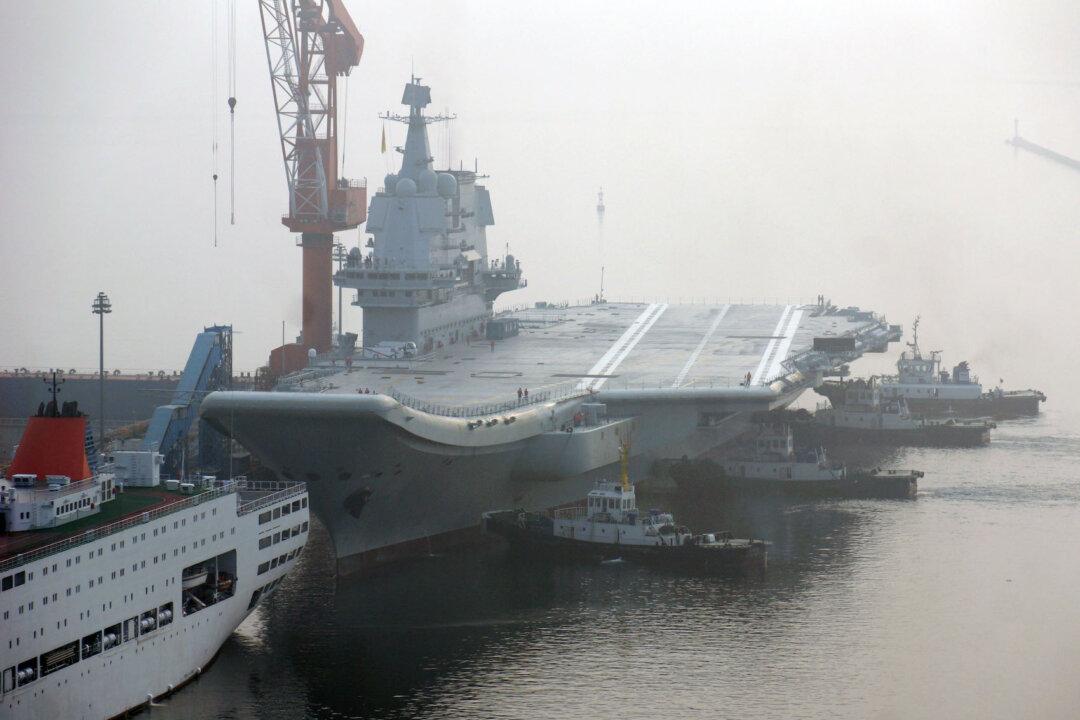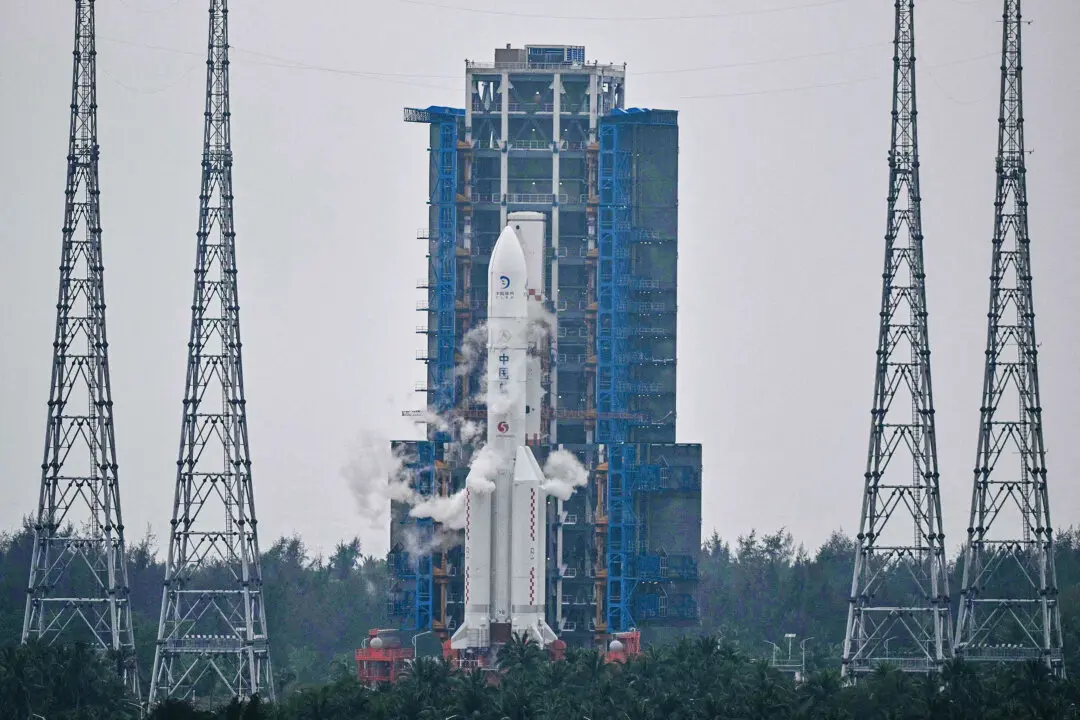Commentary
Secretary of State Antony Blinken said at a conference at Standford University on Oct. 17 that the Chinese regime is escalating its threat against Taiwan and accelerating its plan to take the island by force. He said that by doing so, the Chinese Communist Party (CCP) is signaling that it’s no longer happy with the status quo, the “One China” policy, and strategic ambiguity on the part of the United States.





